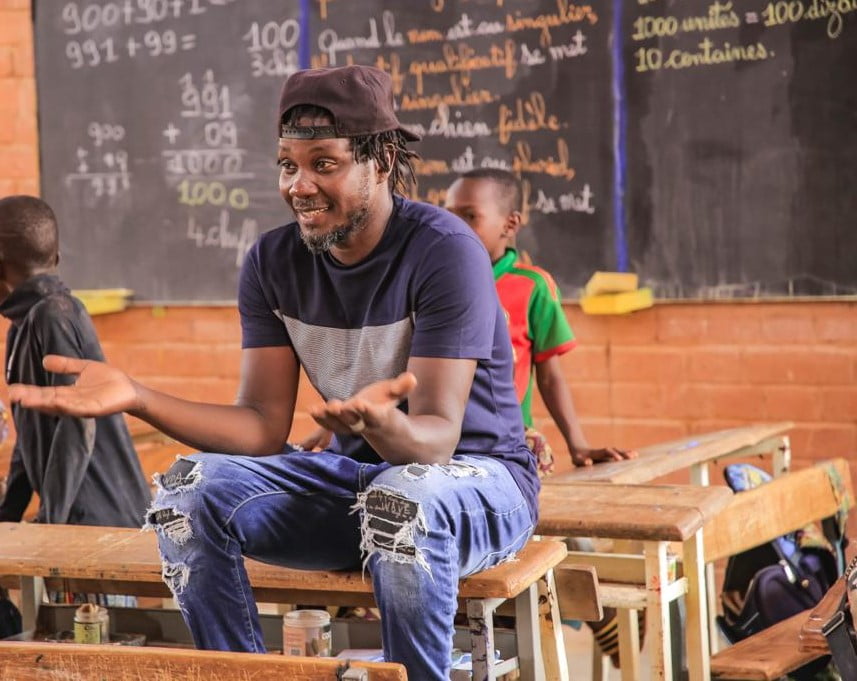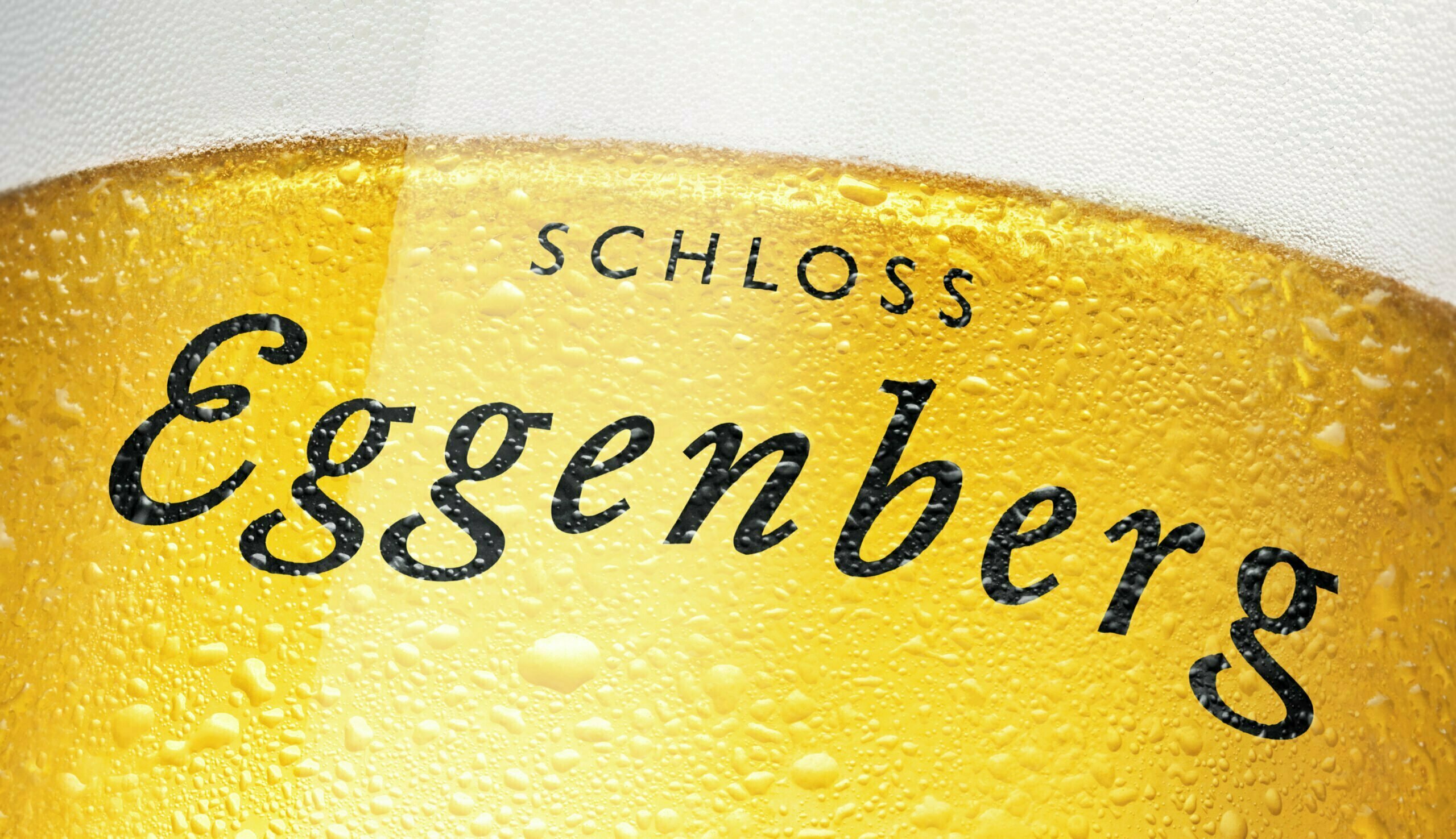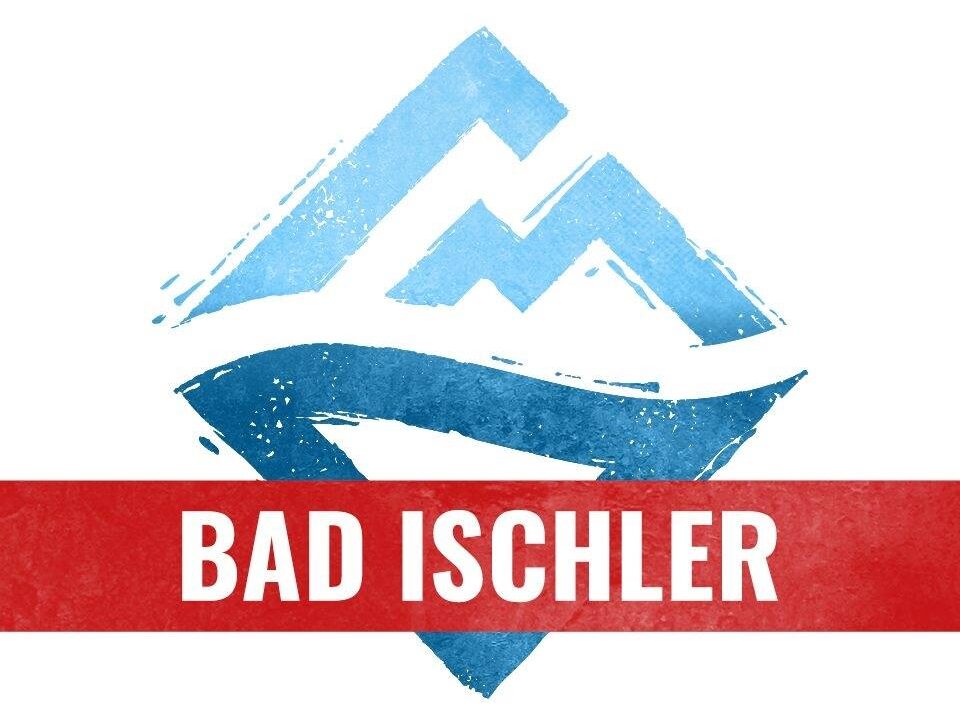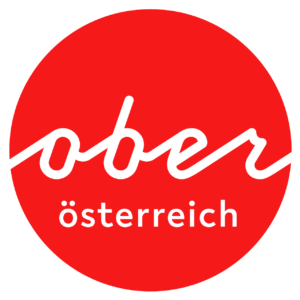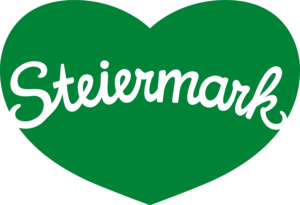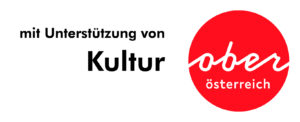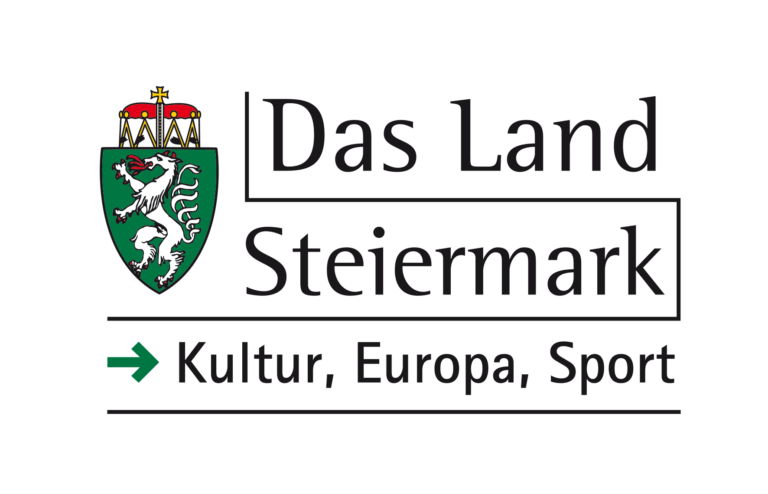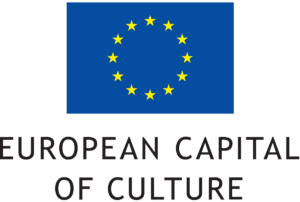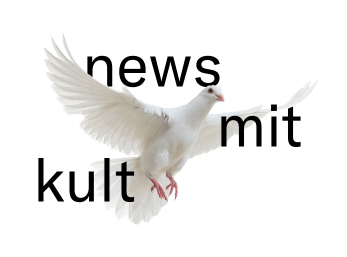Thierry Oussou (Benin/Netherlands) studied Art at the Rijksakademie in the Netherlands. The visual and conceptual artist’s practice encompasses a variety of media. He researches tangible and intangible heritage that has been forgotten by institutions or local communities and seeks to understand erasures and continuities of the past in the present. From cotton workers to public transport drivers, his visual investigation aims to emphasize, or rather turn visible the different terms of labor that exist, and how they affect the society we live in.
For instance, his recent project Equilibrium Wind shines a light on the role of cotton workers worldwide. Cotton has a long and varied history, and is still the frequent subject of international debate on topics such as poverty reduction, agricultural subsidies, and the Strategic Development Goals (…) Through encounters with the people who underlie the cotton industry, Oussou’s approach can be seen as a proposal engendering hope for an ideal production and distribution cycle. (…)
His project Impossible is Nothing began by fabricating and burying a replica of the royal throne of Béhanzin, who was the king of Dahomey before it was colonized by France. Much later, Oussou organized a series of performances, including an excavation of the site by archaeological students, surfacing conceptual issues that underly debate on the return of plundered art and artifacts.
In December 2023, Oussou spent a month in residence in the Operndorf Afrika to work with the weavers, potters and founders of Ziniaré in Burkina Faso and to create pieces for the theatre production of DECONFINING.
Thierry Oussou (Bénin/Pays-Bas) a étudié l’art à la Rijksakademie aux Pays-Bas. La pratique de cet artiste visuel et conceptuel englobe une variété de médias. Il étudie le patrimoine matériel et immatériel qui a été oublié par les institutions ou les communautés locales et cherche à comprendre les effacements et les continuités du passé dans le présent. Des travailleurs du coton aux chauffeurs des transports publics, ses recherches visuelles visent à souligner, ou plutôt à rendre visibles, les différentes conditions de travail qui existent et la manière dont elles affectent la société dans laquelle nous vivons.
Par exemple, son projet Equilibrium Wind met en lumière le rôle des travailleurs du coton dans le monde entier. Le coton a une histoire longue et variée, et fait encore souvent l’objet de débats internationaux sur des sujets tels que la réduction de la pauvreté, les subventions agricoles et les objectifs stratégiques de développement (…) À travers des rencontres avec les personnes qui sont à la base de l’industrie du coton, la démarche d’Oussou peut être considérée comme une proposition engendrant l’espoir d’un cycle de production et de distribution idéal. (…)
Son projet Impossible is Nothing a commencé par la fabrication et l’enfouissement d’une réplique du trône royal de Béhanzin, roi du Dahomey avant sa colonisation par la France. Bien plus tard, Oussou a organisé une série de performances, y compris une fouille du site par des étudiants en archéologie, faisant apparaître des questions conceptuelles qui sous-tendent le débat sur la restitution des œuvres d’art et des artefacts pillés.
En décembre 2023, Oussou a passé un mois en résidence au Village Opéra pour travailler avec les tisserands, les potiers et les fondateurs de Ziniaré au Burkina Faso et pour créer des pièces pour la production théâtrale de DECONFINING.
